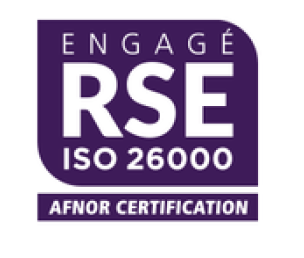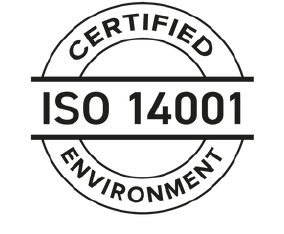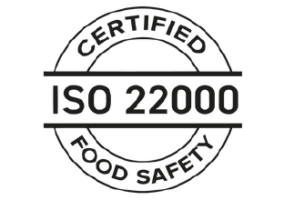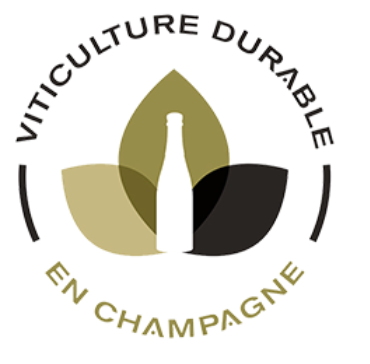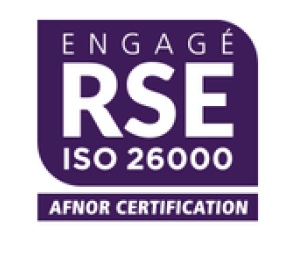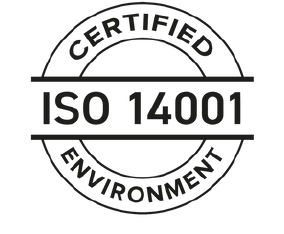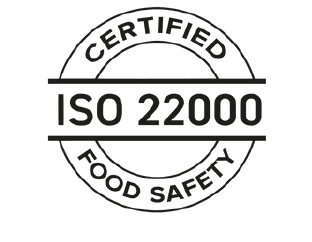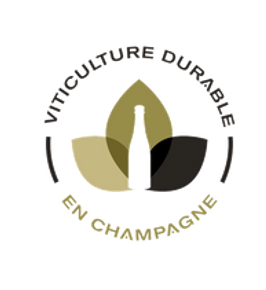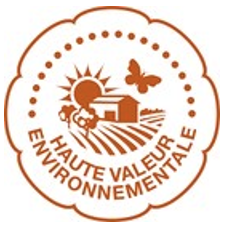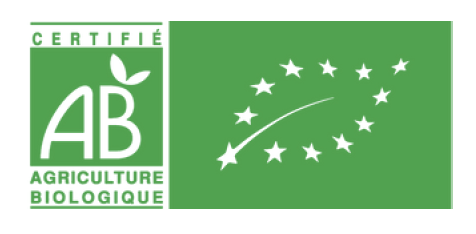LE CHAMPAGNE H.BLIN DÉVOILE UNE NOUVELLE CUVÉE COMPOSÉE EXCLUSIVEMENT DE PETIT MESLIER Le cépage retrouvé « Le Petit Meslier, après des siècles d’oubli et de quasi extinction, renait aujourd’hui avec la cuvée 100 % Petit Meslier pour offrir aux dégustateurs les plus avertis, un Champagne rare et authentique. » Simon BLIN PRÉSIDENT DE CHAMPAGNE H.BLIN Elaboration Assemblage : 100 % Petit Meslier issu de la vendange 2020 Terroir : Vincelles Dosage : 0 (Brut Nature) Vieillissement : 4 ans sans fermentation malolactique Le Petit Meslier, son histoire Le Petit Meslier, cépage blanc très ancien datant du Moyen-Age, trouve ses racines en Champagne notamment dans la Vallée de la Marne à Vincelles. Délicat et sensible aux maladies, son exigence culturale a poussé les viticulteurs à se tourner vers d’autres cépages moins capricieux. En 1990, il ne représentait qu’un hectare sur les 34000 de l’Appellation faisant de lui un cépage oublié de la Champagne aux côtés de l’Arbane, du Pinot Gris et du Pinot Blanc. Aujourd’hui, cette renaissance coïncide notamment avec le réchauffement climatique et l’évolution des pratiques culturales. Sensoriel A l’oeil Au nez En bouche Une robe lumineuse jaune pâle avec reflets jaune-vert, fines bulles Floral et fruité avec des notes de tilleul et de bergamote Une acidité citronnée fraîche et intégrée, une tension soutenue Accords Ceviche de bar au citron vert, cébette émincée au lait de coco Feuilleté de truite fumée et effiloché de poireaux, sauce acidulée Wok Pad Thaï, crevettes et nouilles de riz Fromage : Cantal






